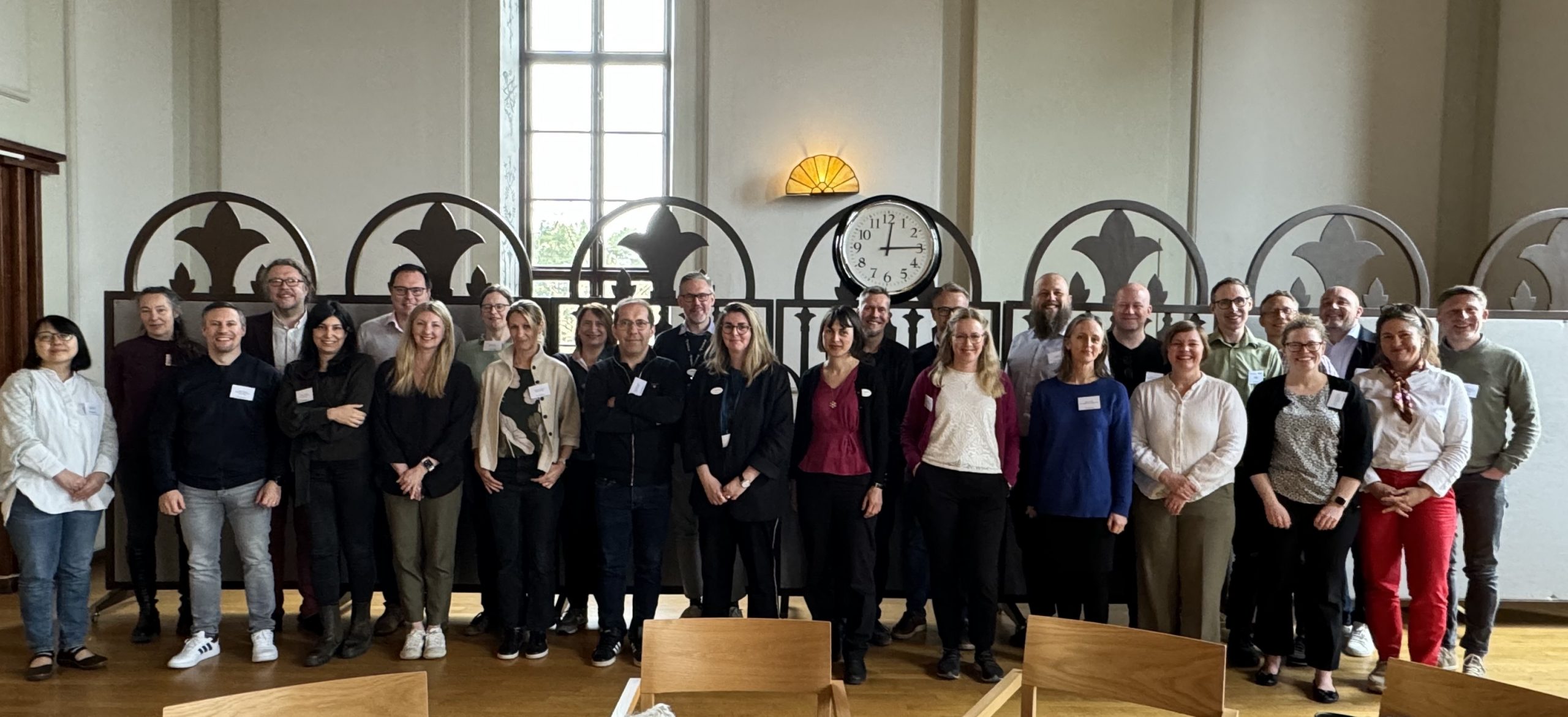SciLifeLab’s infrastructure plays a crucial role in the research and implementation of precision medicine in Sweden
In early May, the Precision Medicine capability at SciLifeLab gathered representatives from all platforms in Sigtuna to discuss SciLifeLab’s role in the research and development of precision medicine. During these discussions, the emphasis was on SciLifeLabs crucial role in providing cutting-edge technologies and expertise to advance precision medicine in Sweden. An identified area for improvement was closer collaboration between clinicians, pre-clinical researchers, and SciLifeLab’s technology experts.
The two-day workshop in Sigtuna focused on sharing experiences and knowledge, identifying similarities and joint challenges between technology areas. And also how to increase collaboration in precision medicine within SciLifeLab as well as in Sweden. The panel discussion revealed several shared challenges, such as data sharing and sample handling and quality.

In the group discussions, several interesting analyses of the current situation and future possibilities emerged. SciLifeLab has great potential to contribute to the development of new precision diagnostics. But it is important that such projects are based on clinical needs. Closer collaboration with clinical researchers is a must for SciLifeLab to reach its full potential in precision medicine. Another topic was the need for common strategies for the development and validation of new biomarkers, along with the importance of close cooperation with relevant industry partners.
“Sharing our experience with clinical and pre-clinical infrastructure projects has been very inspiring. Emerging technologies show the potential to revolutionize diagnostics and personalized treatment. A need-based approach to technology innovation and tight collaboration among stakeholders will be fundamental to speed up the implementation of precision medicine in healthcare,” says Claudia Fredolini, Co-director of the Clinical Proteomics and Immunology platform at SciLifeLab.

Another discussion point was that large-scale and systematic data generation and analysis is becoming increasingly important for precision medicine and precision health. As more molecular data is produced it needs to be linked with other types of health data, such as imaging and registry data. The participants also expects that precision medicine for complex diseases, such as neurological disorders, heart disease and diabetes, will attract increasing interest and significance. Which places high demands on solutions for integrated data generation and for large-scale data sharing and high-performance data clusters.
“This was a unique opportunity for SciLifeLab technology platforms to gather to discuss precision medicine, and the enthusiasm and positive energy shown by the participants is truly remarkable. SciLifeLab’s combined expertise in driving technology- and data-driven precision medicine forward on a national level is unique even from an international perspective,” says Åsa Johansson, one of the Scientific Leads for Precision Medicine at SciLifeLab.





